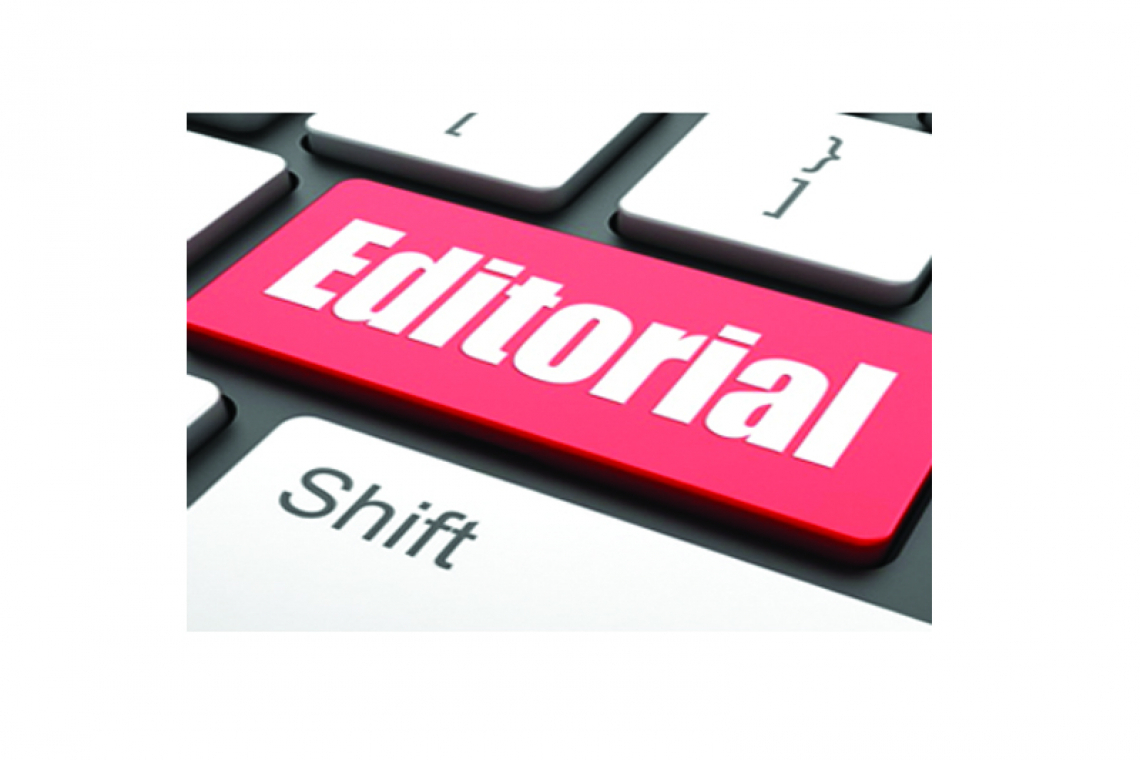The Dutch government has every right to evaluate whether participation in Winair is still opportune (see related story). However, it should keep in in mind that the carrier based at Princess Juliana International Airport (PJIA) provides the only regular airlift of St. Eustatius and Saba.
These are both part of the Netherlands, and The Hague would probably not accept – for example – the Limburg province being largely cut off in terms of traffic either. Ensuring reasonable accessibility to the rest of the country could arguably be called a fundamental freedom of movement issue and – in a broader context – even seen as a kingdom responsibility.
St. Maarten is Winair’s biggest shareholder, while the Netherlands owns a small part (7.95 per cent) on behalf of the other two islands. The latter nevertheless depend heavily on the connection offered by the airline.
Considering the current financial situation in Philipsburg it was not surprising that management asked for and received a US $3 million mortgage loan from the Dutch government at the end of last year. A second request has now been submitted and there seems to be some more reluctance this time around.
To be sure, all personnel gave up 25 per cent of their pay since the beginning of the COVID-19 pandemic. Still, with practically no commercial flights to its main markets including “goldmine” St. Barth’s for many months, one can understand that Winair has run into liquidity problems, despite the first loan.
It may sound strange, but perhaps allowing the Netherlands a bigger stake in the company to better reflect its huge interest is not such a bad idea.







